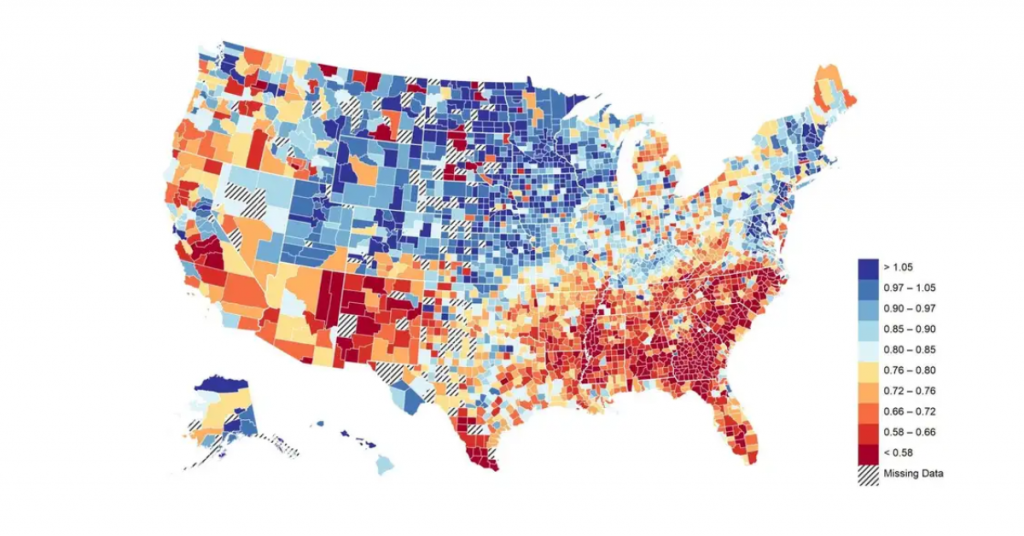- Have any questions?
- 02 7200 2179
- media@commsroom.co
- Have any questions?
- 02 7200 2179
- media@commsroom.co
A thorough analysis of Facebook data has revealed how friendships affect the economic outcomes of an individual.
The findings from a team led by Harvard economist Raj Chetty, who used privacy-protected Facebook data to look into how social connections affect economic opportunity, were published in two papers in the journal Nature.
In the first study, the main focus was “economic connectivity,” which refers to close ties between lower and higher-income users.
It found that having close relationships with high-income people increased the likelihood that lower-income children would enjoy economic growth as adults.
You may also want to read: Meta takes action against Facebook and Instagram data scrapers (commsroom.co)
On the other hand, the second paper delved deeper into more concrete instances of those cross-class contacts in the real world.
The paper shows that when their percentage of higher-income friends climbed from 25-50 percent, low-income youngsters witnessed an 8.2 percent boost in their adulthood incomes.

Based on data from Facebook users, this map displays the zip codes where people are more and less likely to be friends with others from different socio-economic classes.
Low-income people with more rich friends also often saw higher high school graduation rates and lower teen pregnancy rates.
High economic connectivity “is one of the best indicators of upward income mobility known so far,” the researchers said.
The research also reported that cross-class connections had a more significant influence on economic success than family structure, the standard of a child’s education, the availability of jobs, and a community’s racial composition.
Read also: Meta’s first human rights report: A pat on its own back? (commsroom.co)
President of Global Affairs at Meta, Nick Clegg, said in a blog post that the study illustrated how Meta’s enormous collections of personal data might be used for major societal research when shared responsibly.
Clegg wrote, “This work is a major contribution to our understanding of the relationship between social connections and economic opportunity.”
Data from the US census, tax records, and the Facebook accounts of more than 72 million users were all analyzed for the study.
The study looked into 21 billion Facebook friendships across all income levels and included 84 percent of Americans between the ages of 25 and 44.
Academics from prestigious US colleges, including Harvard, New York University, and Stanford, worked together on the paper.
Source: Meta Newsroom
Jaw de Guzman is the content producer for Comms Room, a knowledge platform and website aimed at assisting the communications industry and its professionals.